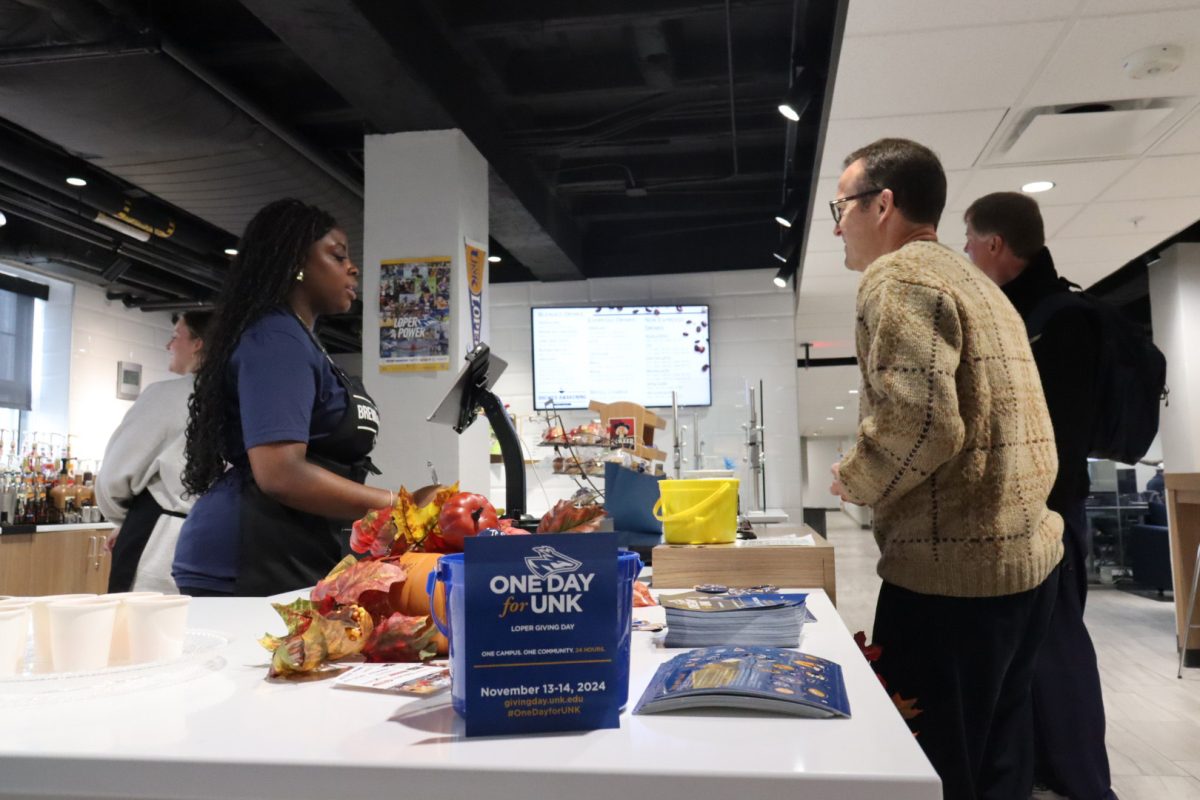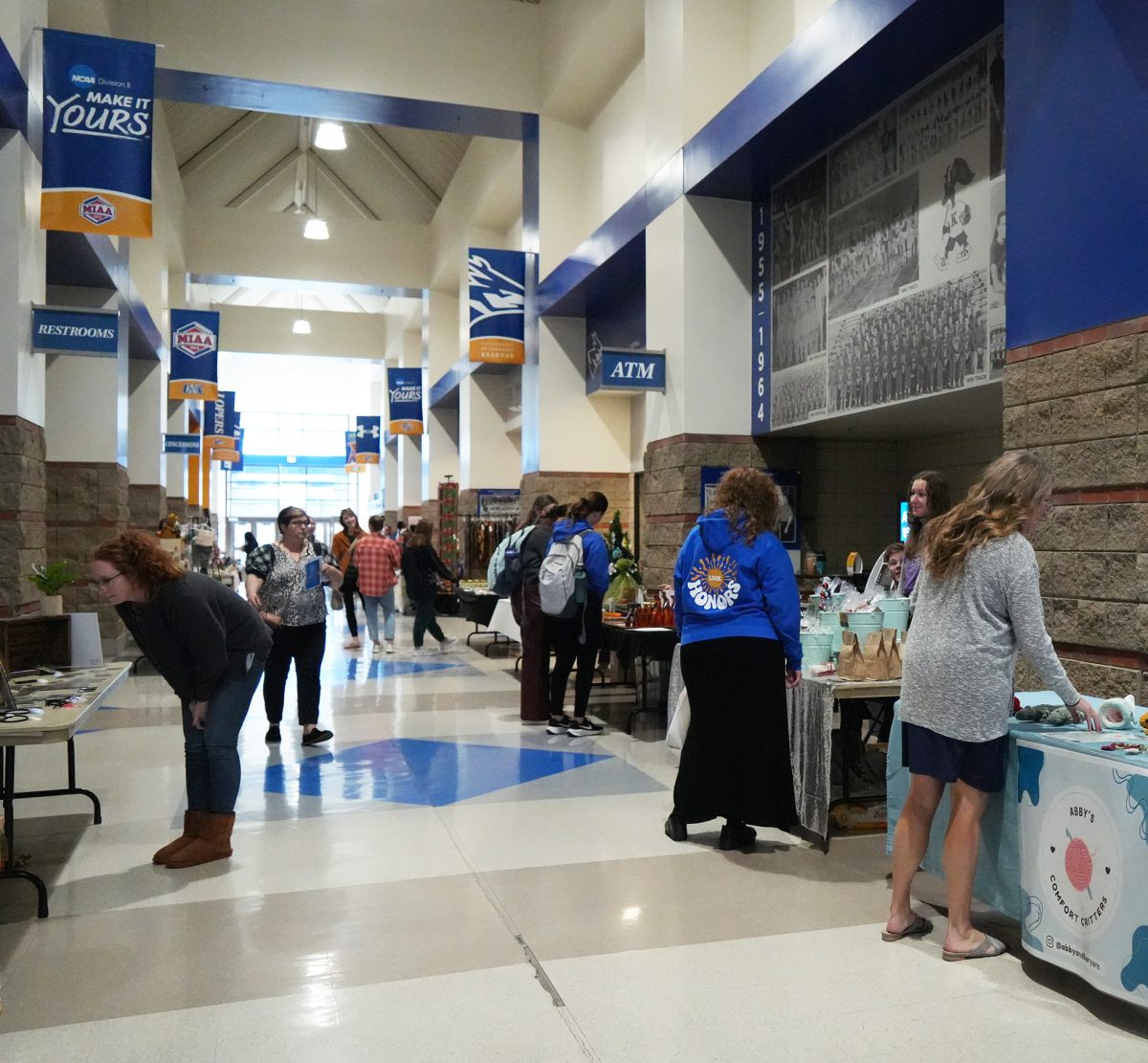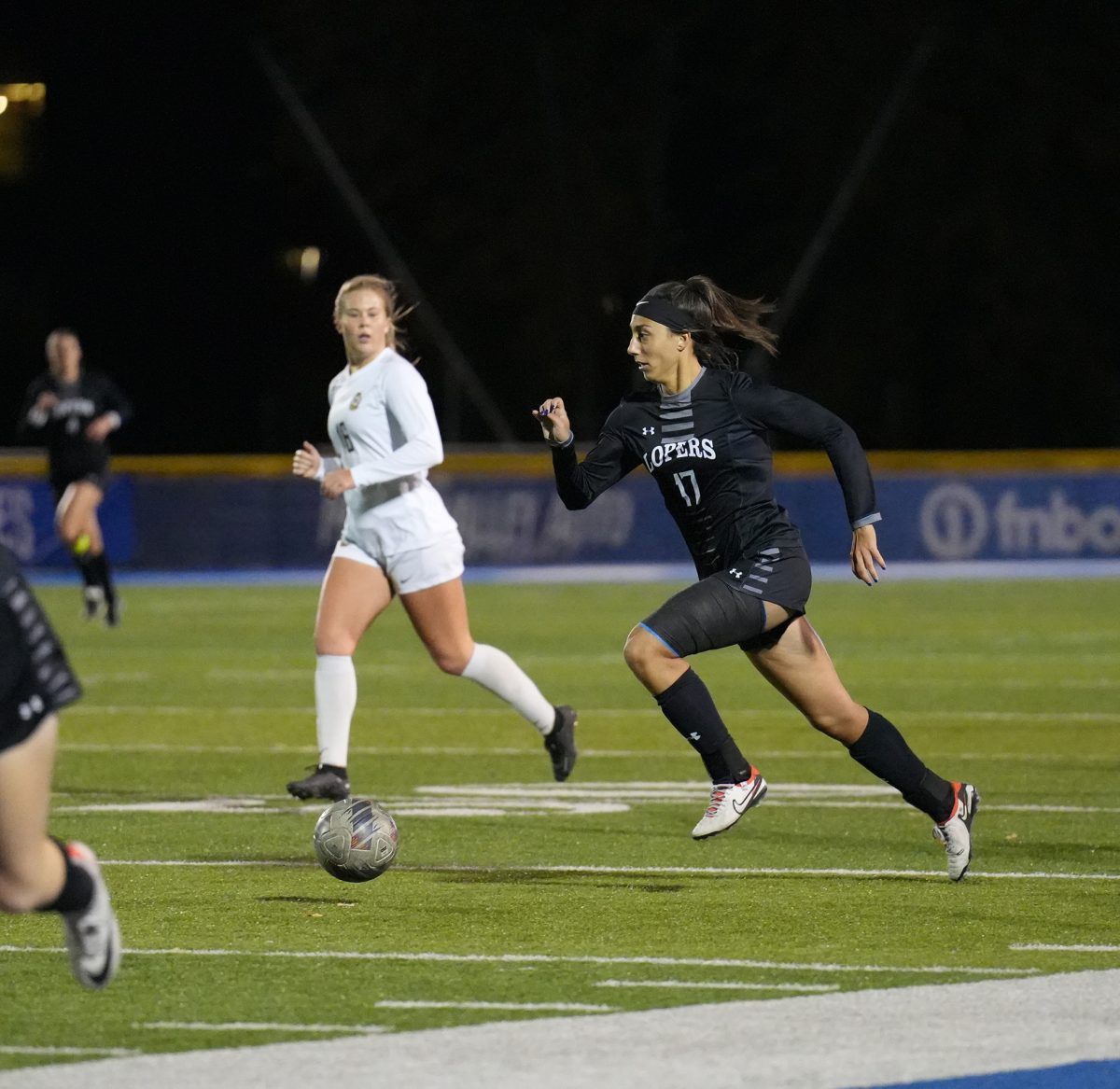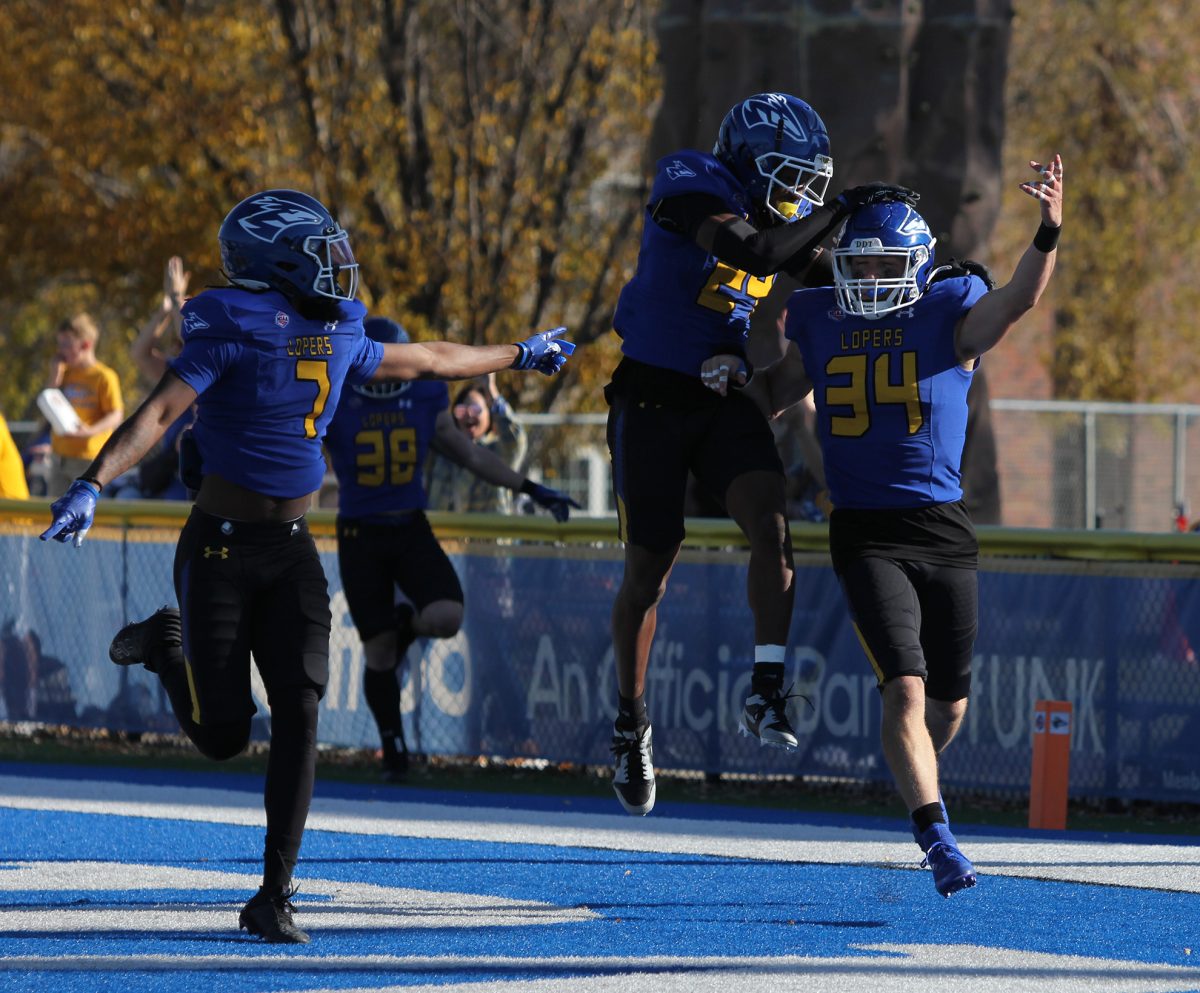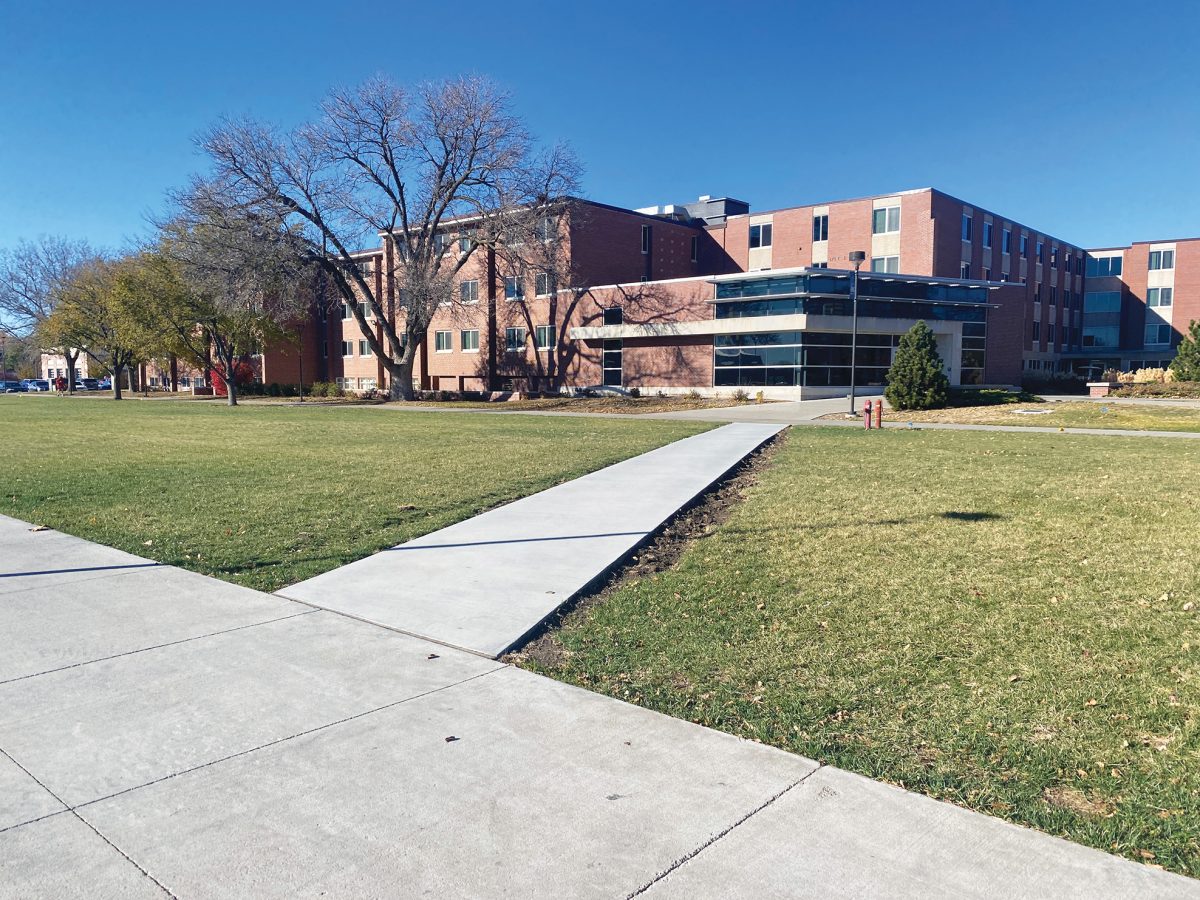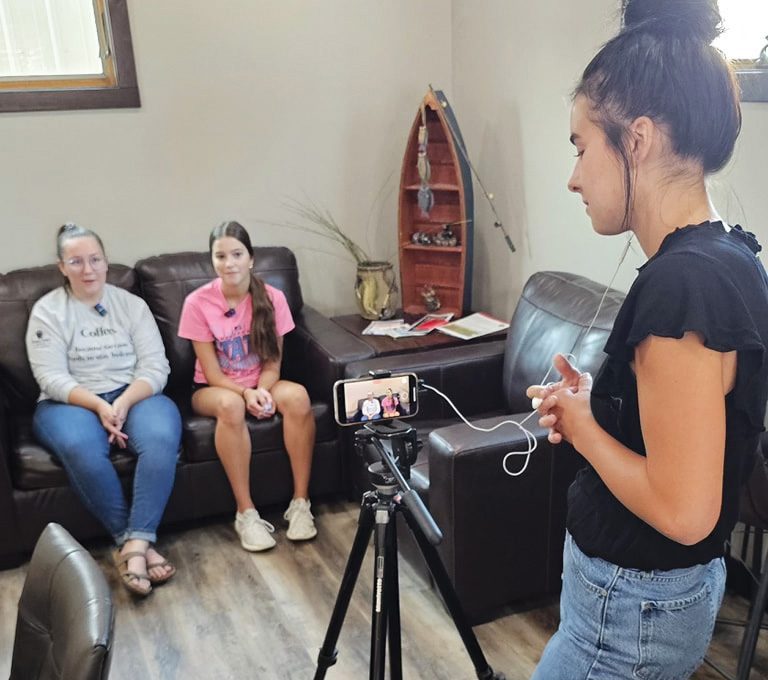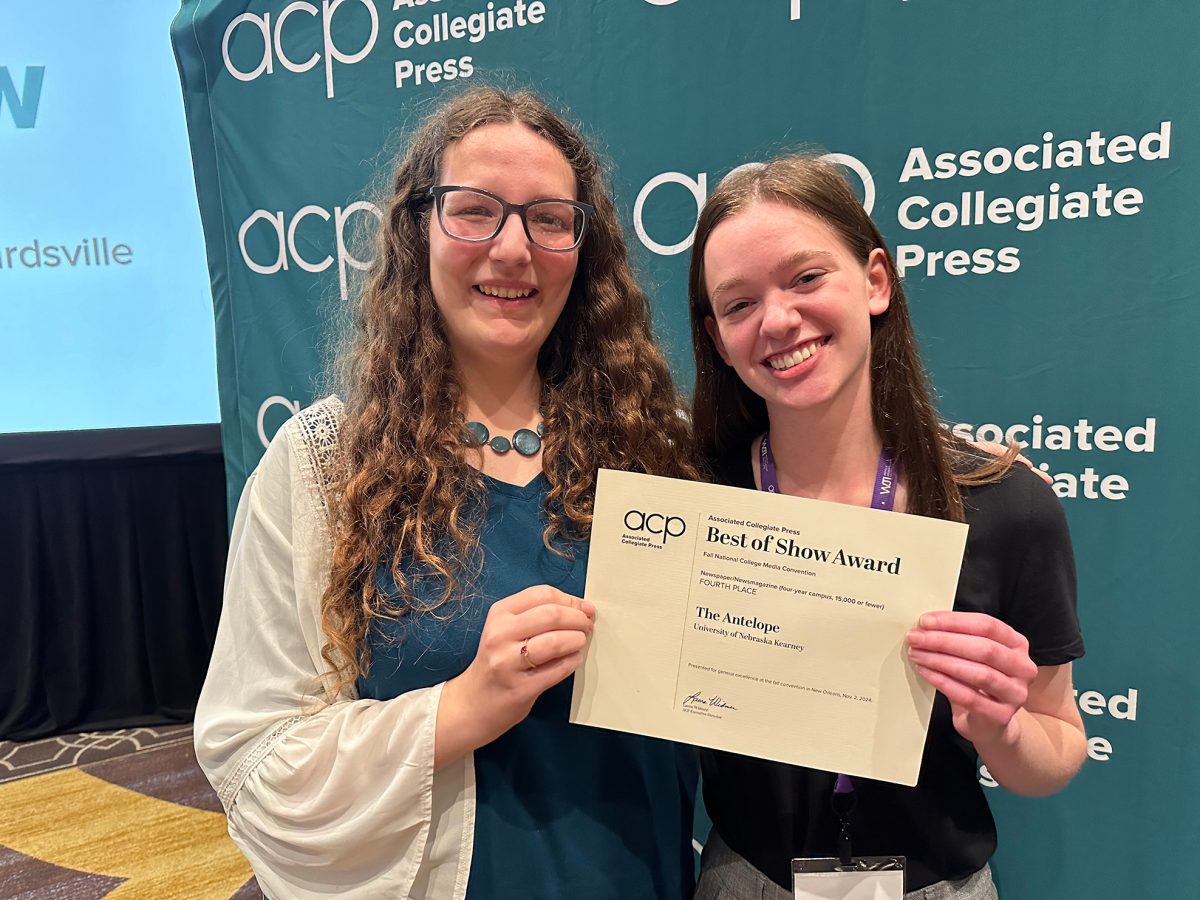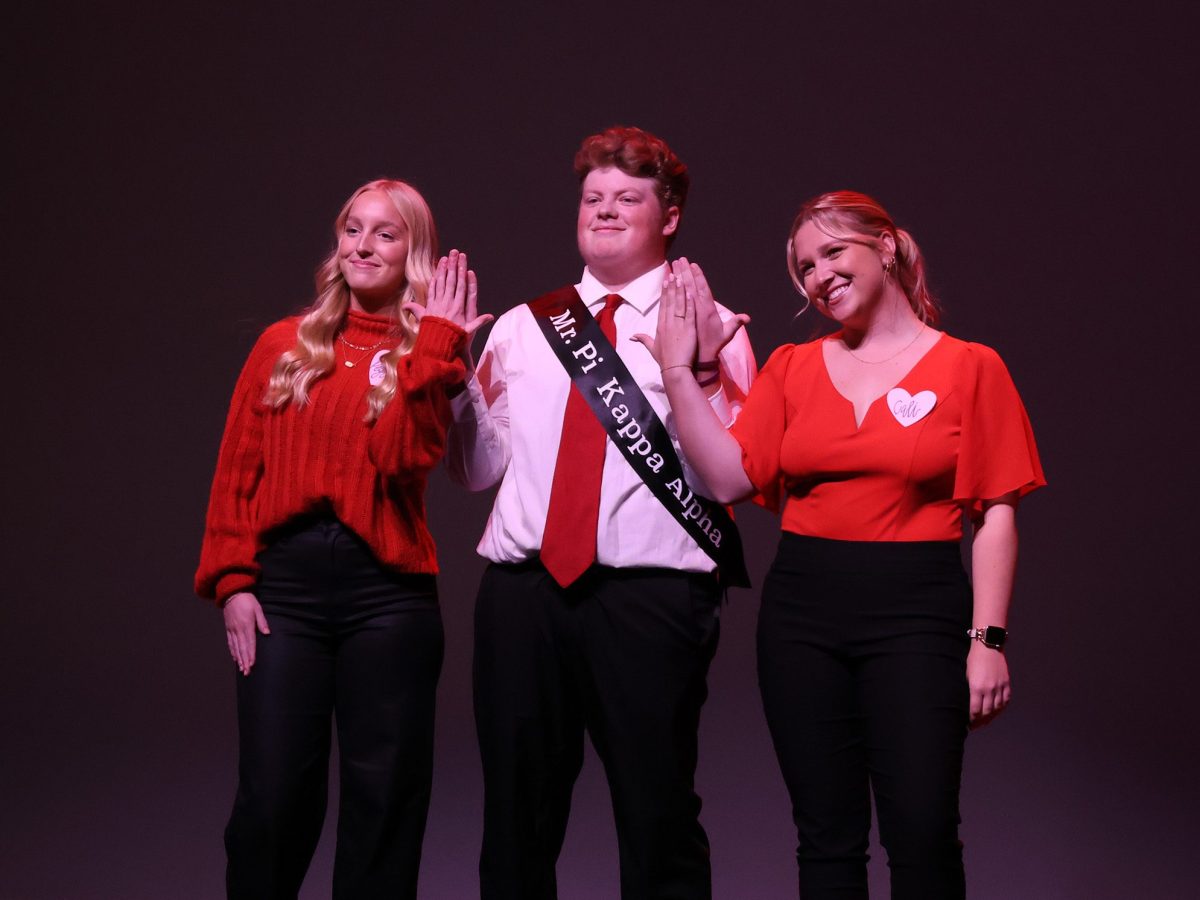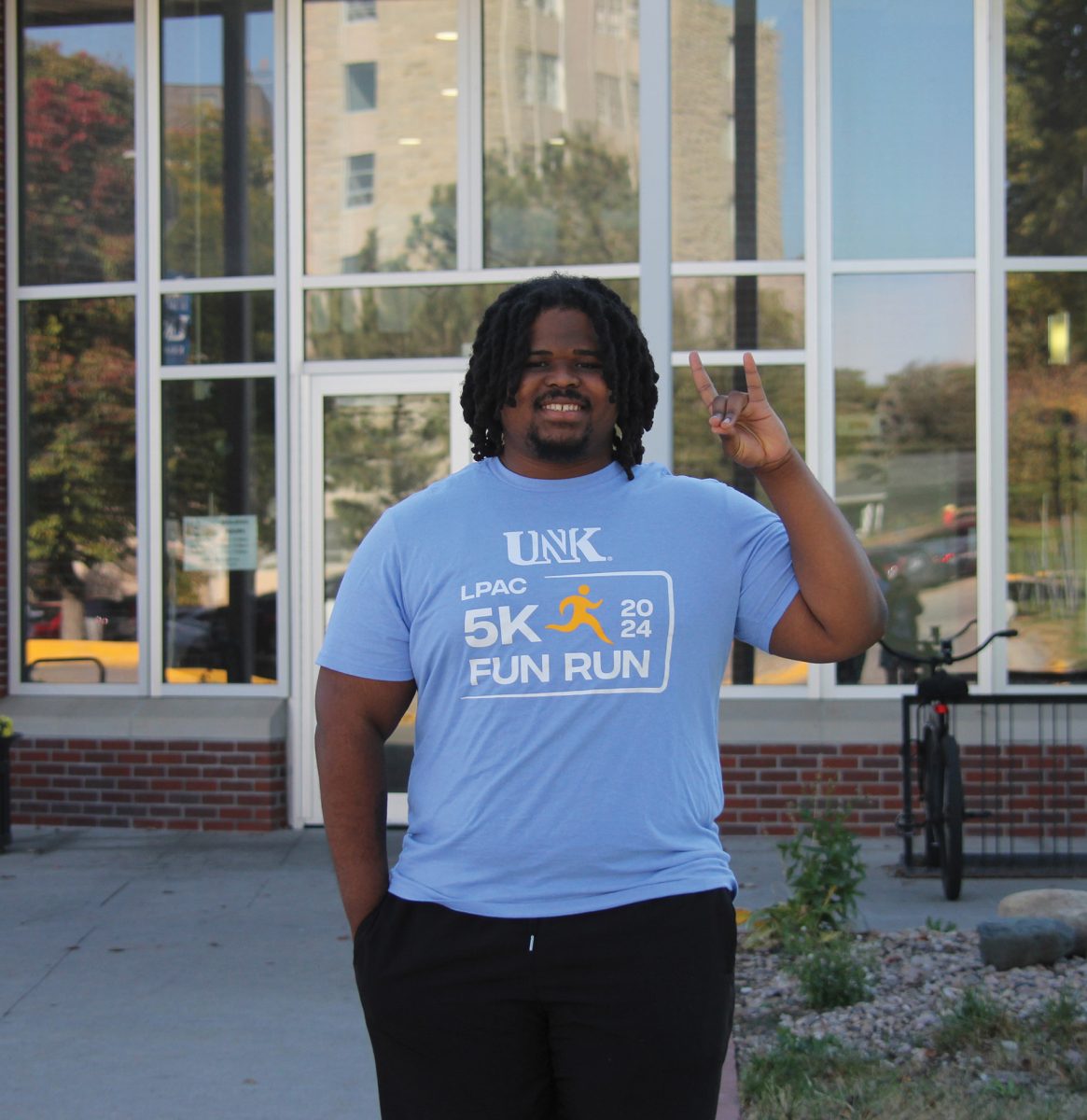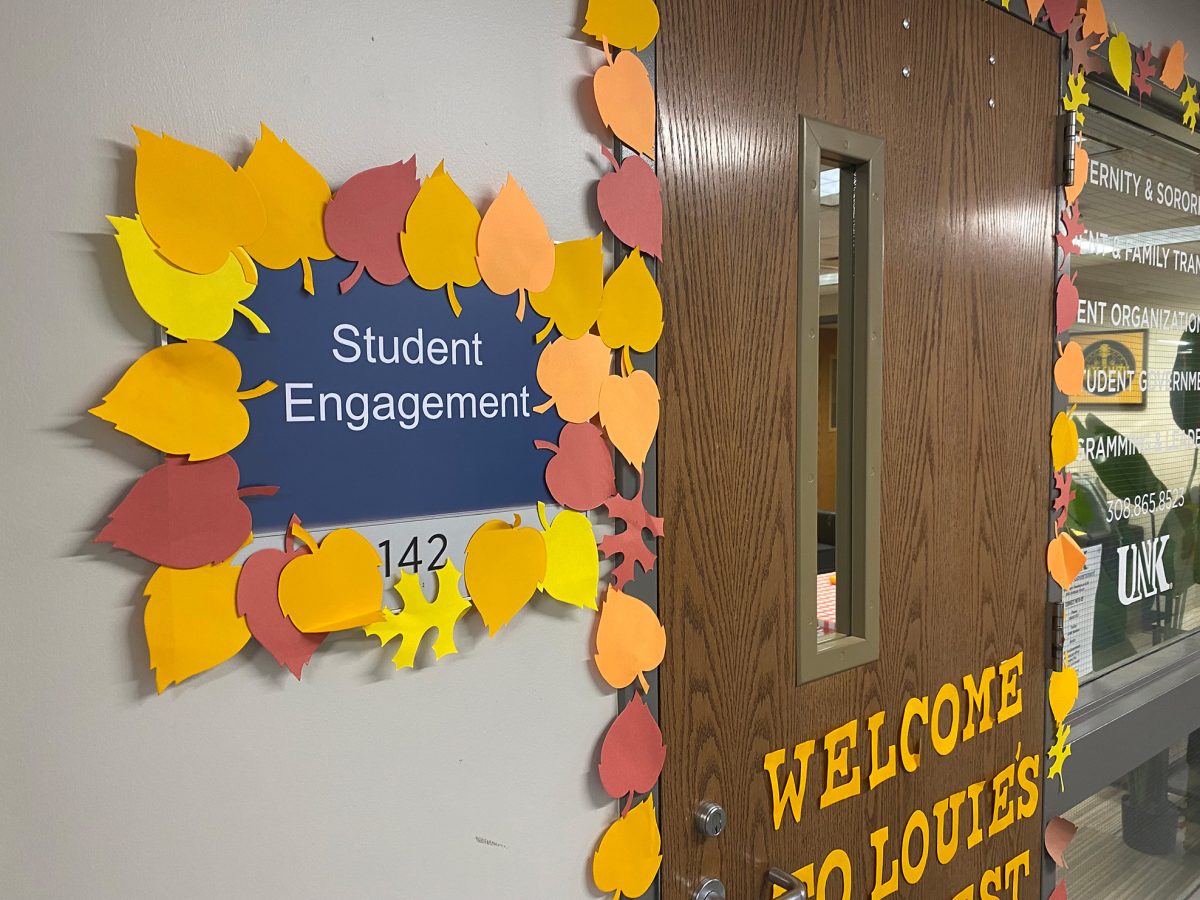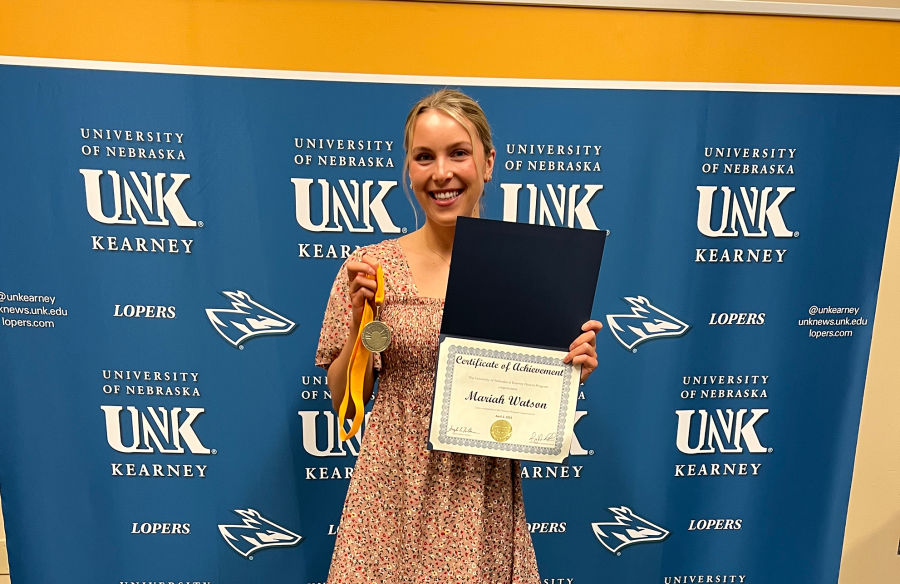watsonmd@lopers.unk.edu
When I tell people I’m a senior in college, the first thing they ask is what I’m planning to do after I graduate. My answer is the same every time, “to be determined.”
With just over a month until commencement, I still have no idea what I’m going to do after I get my diploma.
And that’s OK.
There’s so much pressure placed on college graduates to have a full-time job lined up, ready to enter the workforce as soon as they walk across the stage at graduation. However, this “ideal” sequence of life events simply isn’t realistic for many graduates.
In fact, a survey of 2,000 adults conducted by OnePoll for Colorado State University found that 41% of respondents didn’t have a job lined up once they graduated. There could be a number of reasons for this, but students should know they aren’t alone in struggling through their job search.
On top of classes, extracurriculars, jobs and homework, students barely have time for themselves, let alone time to write dozens of cover letters, complete lengthy job applications or attend numerous interviews.
Not to mention, students that are actively searching for jobs may be disheartened by rejection letters or employers that ghost them entirely.
Many job listings I’ve come across require at least 3-5 years of professional experience. It is nearly impossible to find a decently paying entry-level job, particularly in Nebraska.
Several of my friends have had jobs lined up for months or are pursuing graduate degrees. It is so difficult to not compare myself to my peers or feel like I’m falling behind. Comparison truly is the thief of joy, and just because other students have been quicker to solidify future plans, speed does not necessarily equal success in the long run.
Like the pressure of deciding an undergraduate major as a 17-year-old high school senior, it’s unrealistic to expect soon-to-be college graduates to know exactly what they want to do for the rest of their lives. The period after graduation is a time for self-discovery and gaining experience while working towards a more ambitious dream job.
There are many other options for college graduates which aren’t a full-time job with a salary and benefits. I am planning to take a summer internship to gain more experience and have additional time to continue my job search. Taking a gap year or working a part-time job that doesn’t require a college degree are also viable options and gives students a chance to rest and find balance after a draining four (or more) years of college.
Most college graduates are in their early 20s, with decades left in their lives to dedicate to a 40-hour-per-week salaried position. Young adults are allowed to stay on their parents’ insurance policy until age 26, so what’s the rush to obtain a health care plan and 401(k)?
Overall, I have come to terms with the fact that I won’t be starting my dream job a few days after obtaining my bachelor’s degree, and that doesn’t make me unsuccessful or negate my achievements in college.
Let’s get rid of the made-up timeline for having everything figured out and normalize students taking unique paths to explore options while working towards their career goals.



